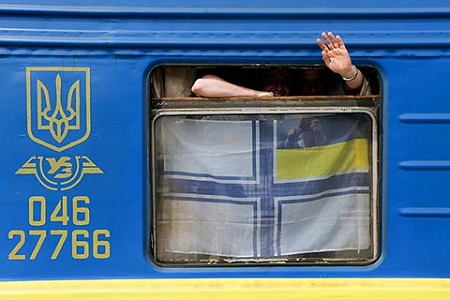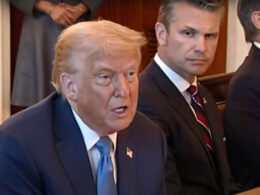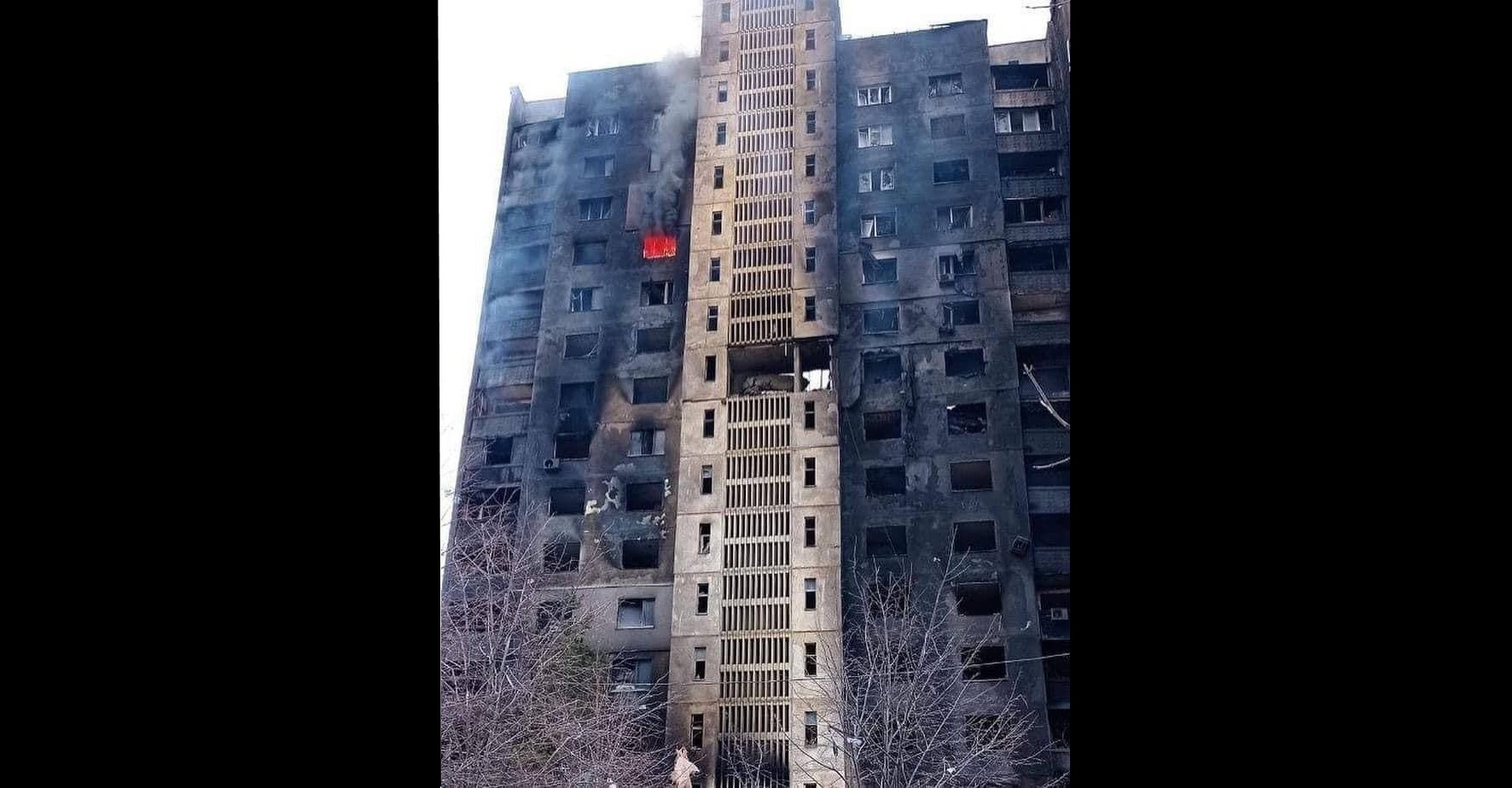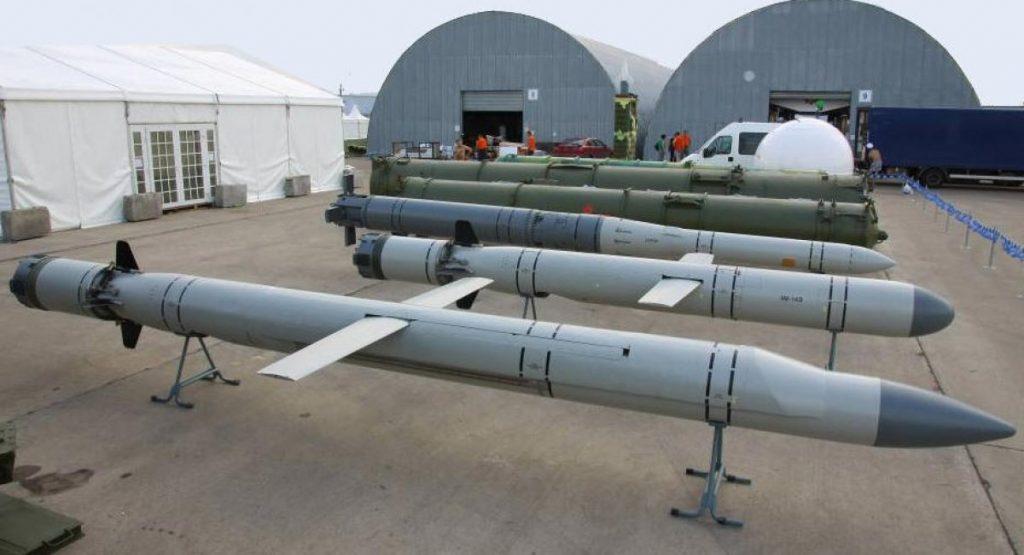The current aggressive rhetoric that many Russians have responded with to the events in Armenia, the rhetoric that Russians justify by their concern about “the Russian world,” raises questions about whether Russian elites will be able to proceed “along a civilized course and avoid a deterioration of relations” with Armenia. “The simple formula” which Russians have had imposed on them, a formula that equates Russia, Putin and the Russian world, “does not require an understanding of terminology,” Irisova says. “If you are for Russia, that means you are for Putin, and if you are for Putin, then you are automatically for all his projects, including the Russian world.” Such a concept deprives Russia’s neighbors of any right to be subjects of their own fate, she continues. It reduces them to being objects of a geopolitical game. And if they turn to the West, those who accept it believe that it is because of Western actions rather than because of any shortcomings in Russia’s approach. That makes things comfortable for those who believe it because it is always “an abstract West” that is guilty and there is no need to raise questions about “the failure of Russia” to construct “some attractive and working model of development” that might have led Georgians, Ukrainians and now Armenians to choose differently. In condemning these countries for falling under Western influence and choosing to seek to become part of the West, Irisova continues, Russians forget that “in the 1990s, we sought to become part of the West,” a goal that changed when as a result of “the post-imperial syndrome,” Russians couldn’t face up to their new reduced status in the world....It is always “an abstract West” that is guilty and there is no need to raise questions about “the failure of Russia” to construct “some attractive and working model of development” that might have led Georgians, Ukrainians and now Armenians to choose differently.
Irisova suggests that it is worthwhile to try to distinguish “the Russian world” as a political project from the roughly 35 million people in the former Soviet space beyond the borders of the Russian Federation who speak Russian as a second language or even in some cases as a first one. Ukrainians are very much part of this Russian-speaking world, “but they will never want to become part of the Russian world in quotes.” Indeed, Russians now have to acknowledge that the actions of their own government in recent years have reduced the size of the Russian-speaking world and especially its political meaning. Georgia, she says, provides a good first example. There, “Russian as in Ukraine remains a second language.” But that isn’t going to last: “in a few decades together with the change of generations, the place of Russia will be occupied by English. Who is responsible for that?” Globalization is part of the answer, but only a part and not the most important one.Russians forget that “in the 1990s, we sought to become part of the West,” a goal that changed when as a result of “the post-imperial syndrome,” Russians couldn’t face up to their new reduced status in the world.
“Much more important are two other factors,” Irisova says. The first of these is a response to the Russian actions in Georgia in 2008. Does anyone want to study a language whose speakers seized 20 percent of one’s own country? It is thus “not surprising” that since 2011, Russian has ceased to be an obligatory subject in Georgian schools and that the number of Russian schools has fallen by half. The second factor is “more pragmatic.” The visa regime Russia has imposed on Georgia and not lifted means that young Georgians see that they will have little opportunity to use any Russian they might learn and so will choose to study other languages whose base countries are more welcoming. Ukraine is a second example, Irisova says. “For the majority of Russian-speaking Ukrainians, Russia today is a country which has occupied part of their territory, a country which does not respect the choice they have made, a country which supports the idea of ‘Novorossiya’ which destabilizes the eastern part of their state.”Does anyone want to study a language whose speakers seized 20% of one’s own country?
The question now is the following: will Armenia go the way of Georgia and Ukraine and leave the Russian-speaking space because its people want to make decisions about themselves and their future and thus do not want to be part of Vladimir Putin’s “Russian world” where those choices would be made by others for them?Consequently, she continues, “for the generations of new Ukrainians who will not remember the years of peaceful co-existence, Russian will be viewed exclusively as the language of the aggressor” with all the ensuing results. Such attitudes will change only when Moscow’s approach does.





